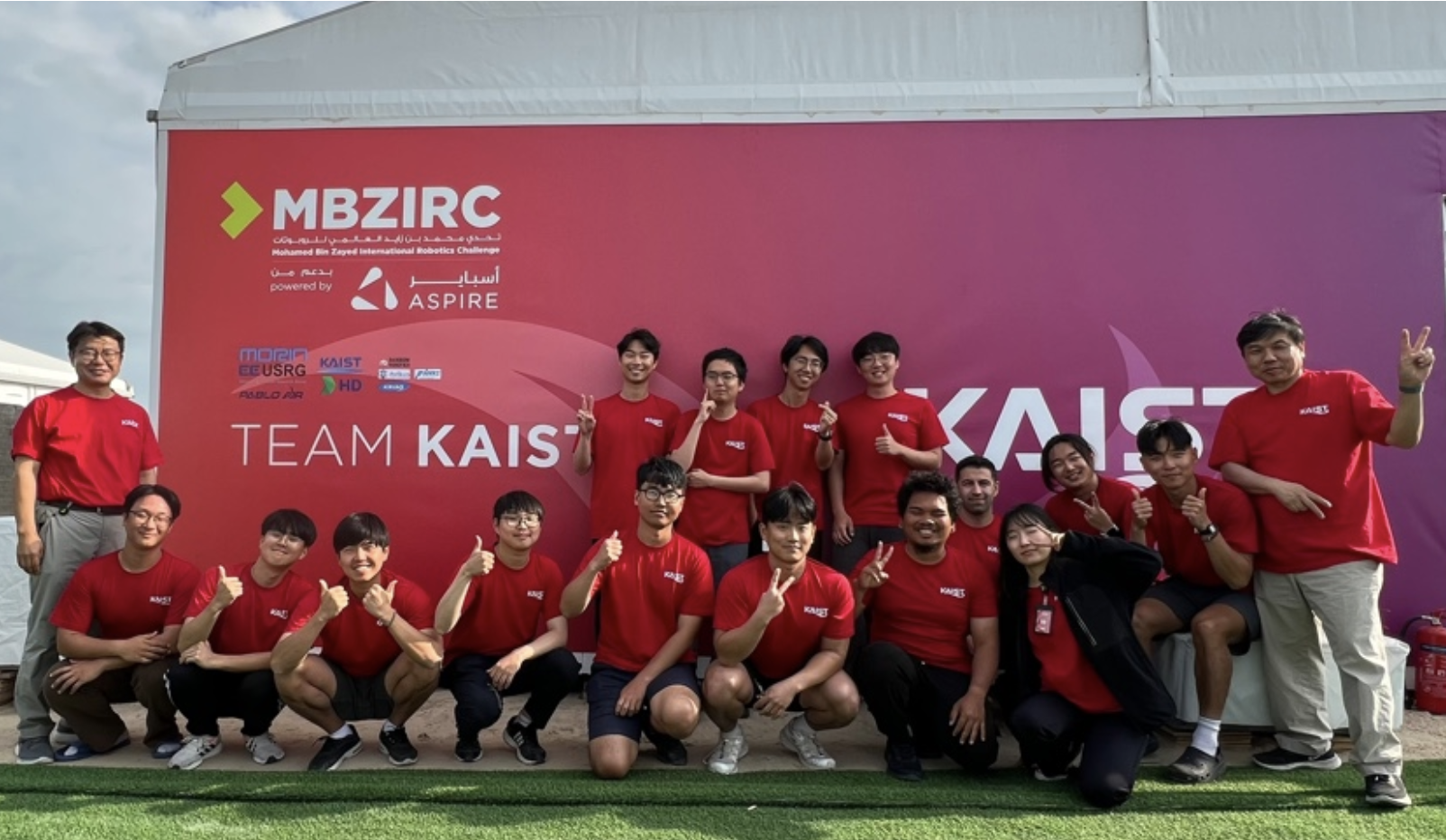The 2023 MBZIRC Maritime Grand Challenge, organized by ASPIRE under the UAE Advanced Technology Research Council (ATRC), concluded with resounding success, marking a historic milestone in the world of marine robotics. With a total prize pool of $3.25 million USD, the competition aimed to assess current technological advancements and future prospects in autonomous robotics. The mission was carried out to recover illegal cargo on board fleeing vessels at sea through autonomous collaboration between unmanned surface vessels and unmanned aerial vehicles under GNSS denied environment.
Over two years, from October 2021 to February 2024, 52 teams from 28 countries participated in this unprecedented event, focusing on the practical application of autonomous robots in maritime environments. Teams underwent rigorous evaluation by expert judges, simulated real-world scenarios, and demonstrated their autonomous systems’ capabilities in a maritime setting. Passing through the white paper phase and simulation phase, five finalist teams were selected, including Team KAIST. Team KAIST intensified their efforts, focusing on developing autonomous collaboration systems and software to preparing for the ultimate showdown in 2023
Team KAIST, led by students from MORIN Lab (Professor Jinwhan Kim) in the Department of Mechanical Engineering and the USRG Lab (Professor Hyunchul Shim) in the Department of Electrical Engineering, collaborated with the industry partner PABLO AIR to develop their innovative solutions. While MORIN Lab focused on overall system integration and autonomous operations using maritime sensors, USRG Lab worked on the integration of drones and spider robots for retrieval missions. PABLO AIR contributed to drone development, enhancing Team KAIST’s capabilities.
Team KAIST’s strategy for the competition was as follows: For the inspection task, they utilized maritime radar to locate and identify decoy vessels, visiting each one by one to find the target ship. They then positioned a USV (Unmanned Surface Vehicle) to the side of the target vessel, comparing its side profile with an image provided by the competition organizers to determine whether it was the correct target. If correct, they proceeded with the intervention; if not, they moved on to the next vessel. For the intervention, while the USV maintained its position on the side of the target vessel, a UAV (Unmanned Aerial Vehicle) launched from the USV and navigated based on tags attached to the USV to find an object on the target ship. Once the object was located, a spider robot attached to the drone was deployed to crawl over the target ship and retrieve the object. After securing the object, the drone would retrieve the spider robot and return to the USV, completing the mission.
Upon arriving in Abu Dhabi for the final event, Team KAIST spent a month preparing amidst a grand setup, which included dedicated workspaces, testing facilities, and support services. The team’s persistence paid off as they successfully completed the inspection task in the first round. Although they faced tough competition from the Croatian team in subsequent rounds, Team KAIST’s exceptional performance secured them the runner-up position, bringing pride and recognition to their efforts.
Team KAIST was supported by HD Hyundai, Rainbow Robotics, Avikus, FIMS, and Korea Research Institute of Ships and Ocean engineering (KRISO).


Prof. Jinwhan Kim, Prof Hyunchul Shim
Dept. of Mechanical Engineering, KAIST / Dept. of Electrical Engineering, KAIST
E-mail: jinwhan@kaist.ac.kr
Homepage: http://morin.kaist.ac.kr






